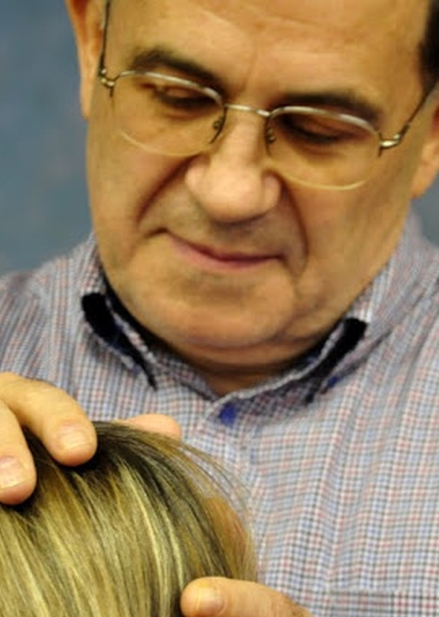High blood triglycerides – also known as “trigs” or “TGs” – are an often-ignored key risk marker (and most likely a factor) for heart disease and stroke. High triglycerides are also the key symptom of the metabolic or pre-diabetic syndrome – another increasingly common health condition.
Prescription medicines for high triglycerides can be a wise decision – even life-saving at times – but not if chosen in ignorance of their superior alternatives.
Unfortunately, after leaving the doctor’s office, a typical treatment for high triglycerides means: prescription drugs. Nary a word on nutritional supplements that can be a great help to everyone who is concerned about elevated blood triglycerides.
What makes an increase in blood triglycerides so frightening is that it may not be diagnosed until serious complications occur. Therefore, it is better to do your homework on the high triglycerides-lowering options now than to get stuck with risky drugs and cardiovascular health problems later.
No Miracle Cure is needed to Reduce Triglycerides
Unlike lowering cholesterol – 80 percent of cholesterol is manufactured by the body – for most people, lowering blood triglycerides is as simple as cutting back on sweets and getting off the couch.
Excessive sugar intake is no longer about expanding waistlines and tooth decay only. It is a common way to boost blood triglyceride levels.
So it comes back to that old litany – a healthful lifestyle consisting of a good balance of dietary low-sugar intake, exercise to maintain an optimal body weight, no smoking, and moderation of alcohol intake.
It is the same standard treatment recommended at doctor’s office for individuals with high cholesterol, high blood pressure and other health concerns.
However, the majority of people still remain confused about the most effective way to normalize blood lipid levels.As a matter of fact, we can’t seem to adapt ourselves to all those “dietary and lifestyle plans” for the long haul. We all seem to wait for the Holy Grail of diet and lifestyle to be found.

Foods Have a Direct Impact on Blood Triglyceride Levels
Definitely, when it comes to triglycerides, foods have a direct impact on their blood levels. What we eat does affect our serum lipids.We don’t need new triglyceride-lowering drugs. For the majority of people, the first line of any treatment for high triglycerides should be a change in diet and eventually in lifestyle.
But deciding which “diet” to choose is not an easy task, especially for those who have little time for meals.
Since triglycerides are circulating forms of fat in the blood, you might think that a high-fat diet will raise your triglycerides and a low-fat diet would lower your triglycerides.
This belief turned out not to be true. According to the recent evidence, the most important dietary predictor of triglycerides appears to be carbohydrates, namely, sugars, starches and refined (processed) grains.
Five Food Types to Absolutely Avoid
The following foods are so bad for your body that there is no any reason to eat them. Not only do they have zero nutritional value, but they also give your body quite a dose of toxins:
- doughnuts (eating a doughnut is one of the worst ways to start off your day, as it will throw off your blood sugar)
- Soda (both regular and “diet”)
- French fries (nearly all commercially fried foods)
- Chips (corn chips, potato, tortilla, and others)
- Fried Non-Fish Seafood(shrimps, clams, oysters, lobsters)
0 comments:
Post a Comment